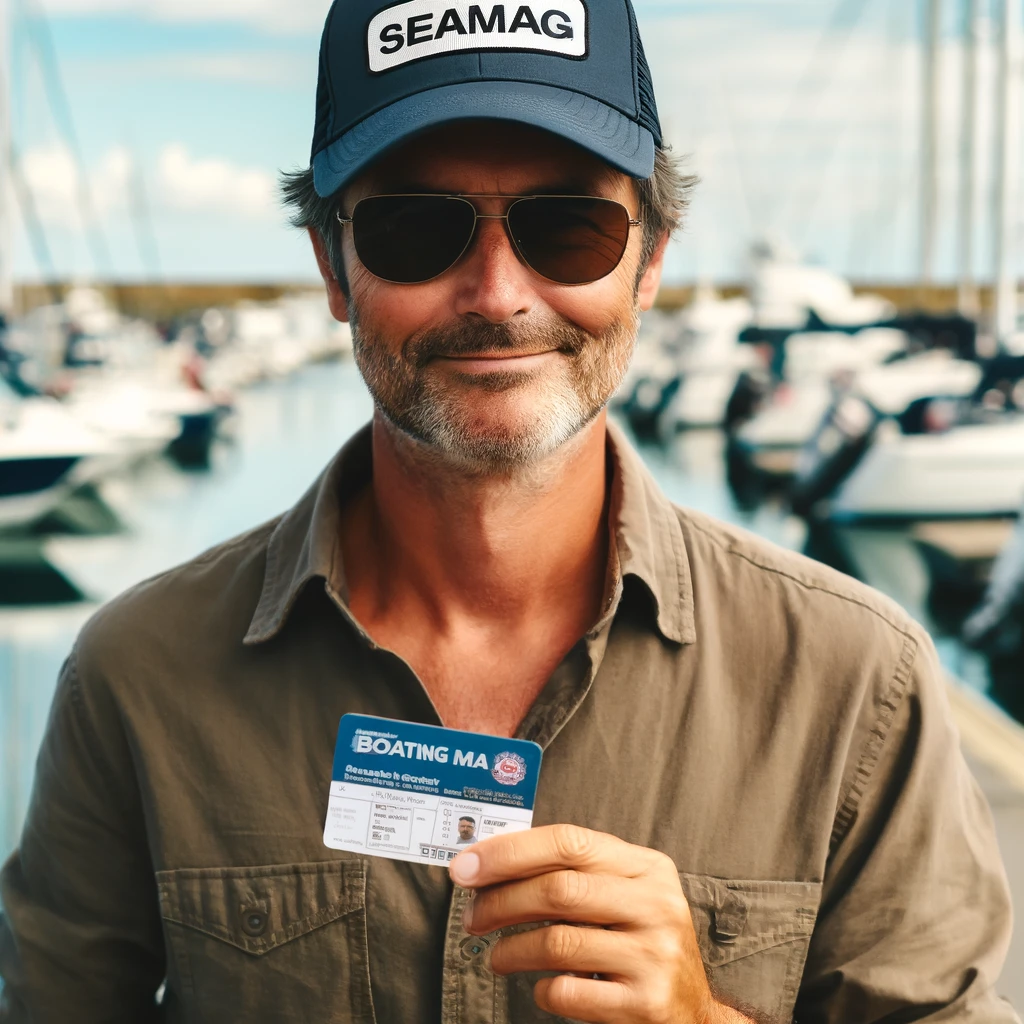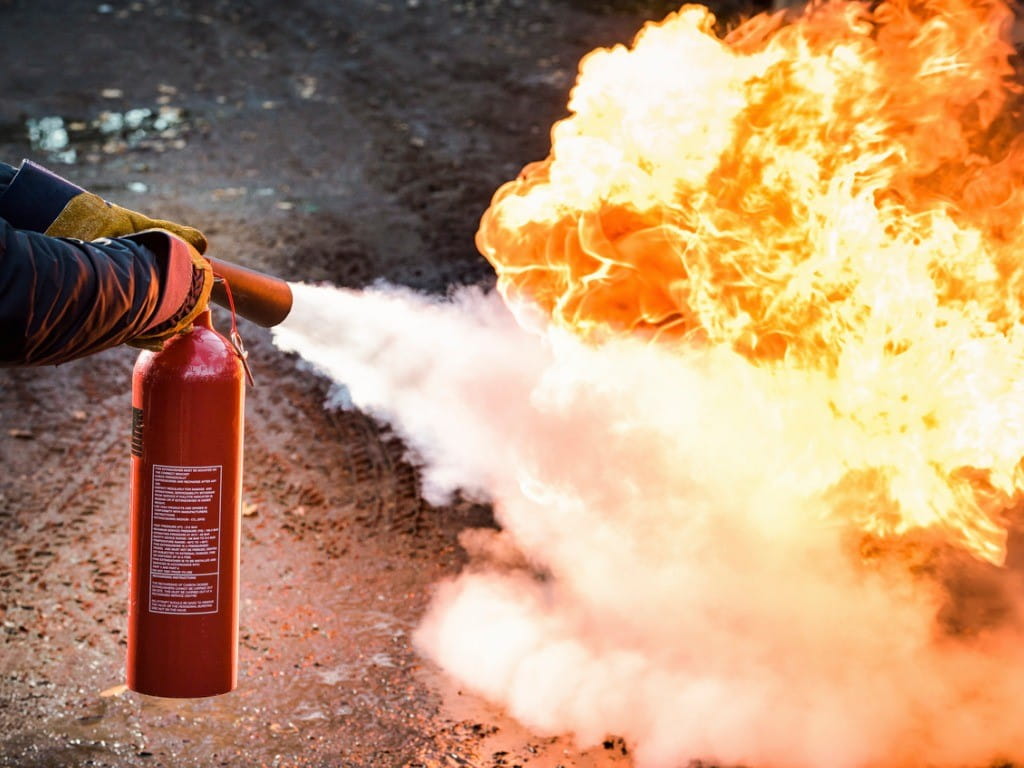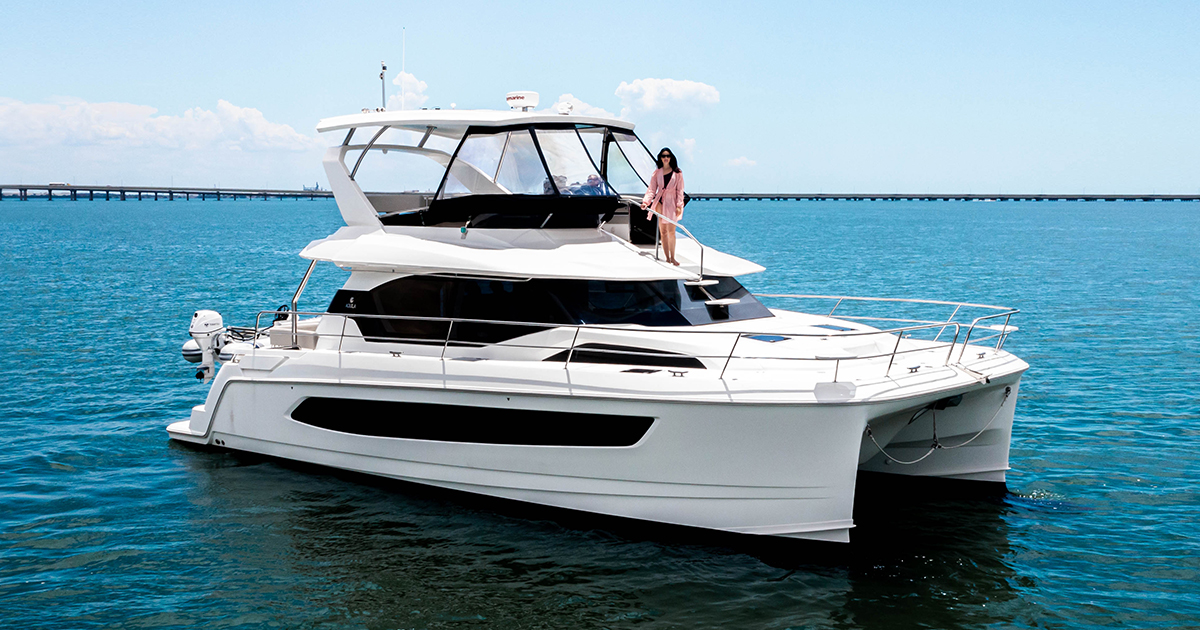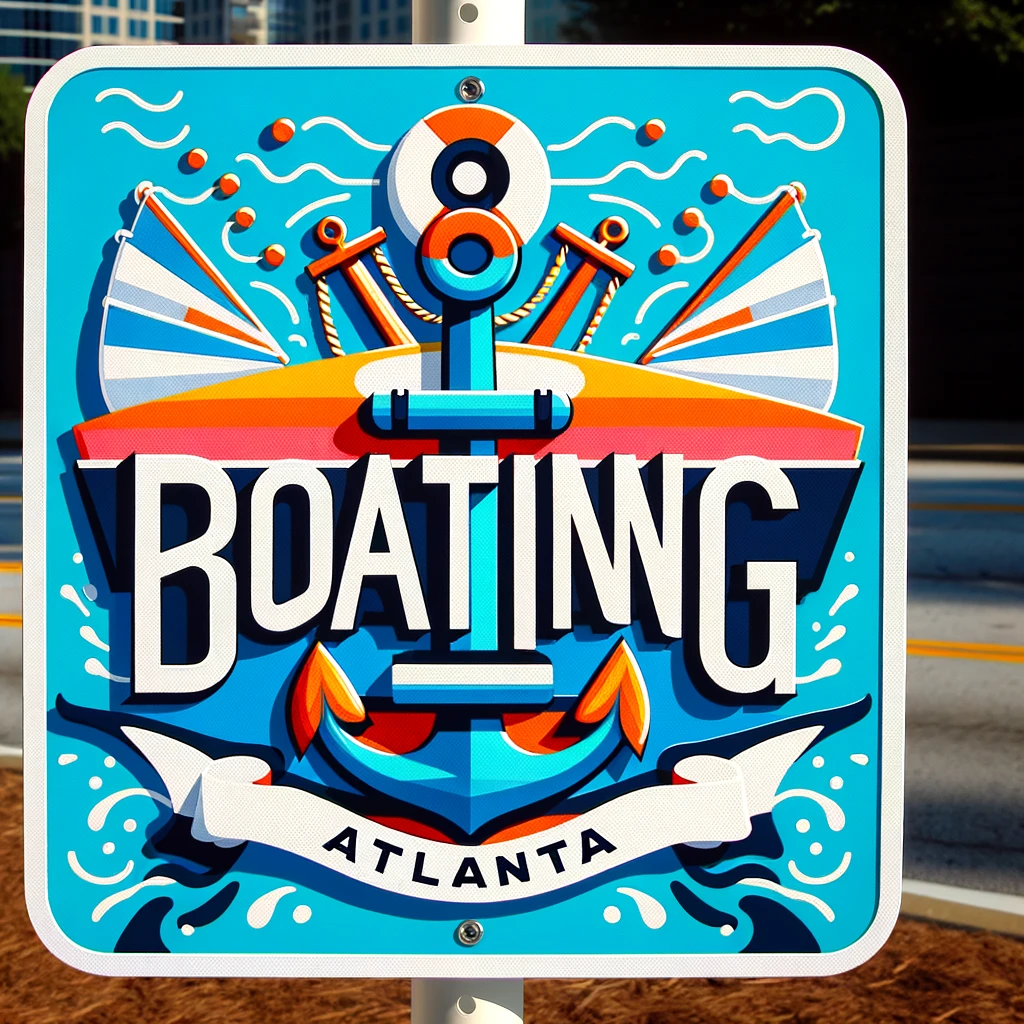Boating License Essentials: Fast, Foolproof Course for Novices
Boating can be an enjoyable and exciting pastime for people of all ages. However, before taking the helm, it's essential to understand the importance of obtaining a boating license.

A boating license is a document issued by the government or relevant authorities. It verifies that an individual has completed the necessary boating education and safety course and understands the rules and regulations of operating a watercraft.
Boating licenses may vary by state or country, but they generally ensure a standard level of proficiency in watercraft operation, safety, and rules of the waterways.
Getting a boating license typically involves taking a boater education course, either online or in-person, followed by a final exam. After passing the exam, the individual receives a boating education certificate, which serves as their boating license.
Key Takeaways
- Boating licenses verify the completion of necessary education and safety courses
- Licenses ensure proficiency in watercraft operation, safety, and regulations
- The process includes taking a course, passing an exam, and obtaining a certificate
Understanding Boating Licenses
Boating License Age
The age requirement for obtaining a boating license varies by state.
In California, for instance, anyone 16 or older needs a California Boater Card to operate a motorized boat with 15 horsepower or more, including personal watercraft. Exceptions exist for 12- to 15-year-olds if they're supervised by a person at least 18 years old with a California Boater Card.
Boating Laws and Regulations
Boating laws and regulations differ for each state, and it's essential to understand these requirements when operating a boat.
To ensure boater safety and compliance, most states require boaters to obtain a license or take a boating safety education course.
The U.S. Coast Guard provides a comprehensive list of each state's boating laws.
Some common topics covered by boating laws and regulations include:
- Age and operator restrictions
- Registration and titling requirements
- Personal Floatation Devices (PFDs)
- Navigation rules
- Boating under the influence (BUI)
Types of Boating Licenses
The type of boating license you need depends on the watercraft you plan to operate. Here are some common categories of watercraft and their associated licensing requirements:
- Raft, Kayak, and Canoe: In most states, no boating license is required for non-motorized watercraft such as rafts, kayaks, and canoes.
- Personal Watercraft (PWC): Operators of PWCs, such as jet skis, usually need a boating license or must complete a boating safety course, depending on the state.
- Powerboat: Operating a powerboat typically requires a boating license or the completion of a boating safety course. License requirements may differ based on the boat's motor size, and some states may have additional restrictions for young or inexperienced operators.
- Sailboat: Licensing requirements for sailboats vary by state and may depend on factors such as the boat's length, motor size, or if it's used for commercial purposes.
To obtain a boating license, it's recommended to take a state-approved boating safety course, which typically concludes with an exam.
The length of the test varies by state, and results are often available immediately upon completion.
Boater Education and Safety
Boating Safety Education
Boating safety education is essential for anyone looking to operate a watercraft.
Courses are designed to inform boaters about responsible operation, rules of the waterways, and general boating safety.
Most states require boaters to complete an approved course, such as those offered by Boat Ed, which are recognized by the U.S. Coast Guard and approved by the National Association of State Boating Law Administrators (NASBLA).
Taking a boating safety course can help ensure that boaters have the necessary knowledge to operate their watercraft safely and responsibly.
These courses typically cover topics such as:
- Navigation rules
- Boating emergencies
- Water sports safety
- Boat maintenance
Responsible Boat Operation
Operating a boat requires a high level of responsibility, as it involves the safety of not only the operator but also passengers and others on the water.
To promote responsible boat operation, the following practices should be observed:
- Stay sober: Boating under the influence of alcohol or drugs can impair judgment and reaction times.
- Operate at safe speeds: Excessive speed can lead to accidents.
- Maintain proper lookout: Keep an eye out for other boats, swimmers, or potential hazards.
- Use proper safety equipment: This includes life jackets, fire extinguishers, and distress signals.
The essential element of responsible boat operation is awareness of one's surroundings and a commitment to operating the watercraft safely at all times.
Rules of the Waterways
Understanding and complying with the rules of the waterways are crucial for ensuring a safe and enjoyable boating experience.
Some of the most critical rules include:
- Right of way: Boaters must adhere to specific rules regarding who has the right of way, depending on factors such as boat orientation and size.
- Navigation lights: These should be displayed when operating between sunset and sunrise to ensure visibility to other boats.
- Restricted areas: Certain areas may be designated as no-wake or no-go zones due to environmental or safety concerns. Boaters should adhere to these restrictions.
Boaters can learn more about the rules of the waterways by taking NASBLA-approved boating safety courses, which are recognized by the U.S. Coast Guard and designed to provide comprehensive instruction on various aspects of boating safety.
Boating Education Certificate
NASBLA Accreditation
A Boating Education Certificate, also known as a boater education card, is essential for every boater as a proof of completion of an approved boating safety course.
The National Association of State Boating Law Administrators (NASBLA) is responsible for accrediting these boating safety courses, recognizing them as valid across the United States. NASBLA-approved courses meet the standard guidelines set by both the organization and the U.S. Coast Guard.
Educational Requirements
To obtain a Boating Education Certificate, individuals must undergo a state-approved boating safety course, ensuring they possess the required skills and knowledge for safe and responsible boating.
Some key topics typically covered in these courses include:
- Boating laws and regulations: Boaters learn about local and state boating regulations, including speed limits, navigational rules, registration requirements, and other essential guidelines.
- Boating safety equipment: A comprehensive understanding of life jackets, fire extinguishers, distress signals, navigation lights, and other boating safety equipment is essential for every boater.
- Safe boat operation: Hands-on training in operating boats safely, including launching, docking, and anchoring techniques, as well as proper procedures for avoiding collisions or other accidents.
- Navigation and weather: Knowledge of charts, compasses, GPS systems, and weather forecasting help boaters plan and execute safe trips on the water.
Upon successful completion of a boater education course, participants receive a Boating Education Certificate or boater education card.
This certification never expires, ensuring boaters have a lifelong understanding of essential boating safety principles.
In addition to standard boating courses, some states may require distinct certification for operating personal watercraft (PWCs) or boats with motors larger than a specific horsepower.
As requirements vary by state, it's essential for each boater to review their local boating safety education requirements prior to hitting the water.
Boating Courses and Training
To obtain a boating license, individuals need to complete boating courses and training programs.
These programs are designed to instill safe boating practices and ensure that boaters have the required knowledge to operate vessels responsibly.
The following subsections provide more information on the types of courses available and how to access them.
Online Courses
Online boating safety courses offer a convenient and flexible way to learn the necessary skills and knowledge for obtaining a boating license.
Many state-approved boater safety courses are available online, including options for residents of the United States and Canada.
To choose an appropriate course, individuals can first select their state or province.
Online courses include interactive and engaging content that covers various aspects of boating safety, such as boat handling, navigation, and weather reading.
Classroom Courses
For those who prefer a traditional learning environment, classroom courses are another option. These courses are offered at various locations throughout states and provinces, and are designed to provide a comprehensive learning experience.
Some classroom courses are run by boating safety agencies or organizations such as the U.S. Coast Guard, which offers detailed lessons on operational and safety instructions for boating enthusiasts.
The course content is generally organized into 6-13 lessons, making it easy for participants to progress through the curriculum.
Home Study Programs
Lastly, home study programs offer the opportunity to learn at one's own pace. These boating education programs typically provide participants with the necessary materials and resources, such as textbooks, workbooks, and instructional videos.
The courses usually consist of a combination of self-paced learning modules and timed exams that closely mirror the content of online courses and classroom courses.
The exams, which often need to be completed within a specific timeframe, serve to assess participants' knowledge and understanding of boating safety.
Certification Process
Exam
The certification process for obtaining a boating license begins with an exam. This exam tests individuals on their knowledge of boating safety, operation regulations, and other relevant topics.
There are several online boating safety courses available, some of which are developed in cooperation with the U.S. Coast Guard Auxiliary.
These online courses are designed to be completed in about three hours and are typically divided into chapters for ease of learning.
The exam is mandatory in many jurisdictions where boating licenses are required.
Rating and Reviews
When selecting a course provider for your boating license, it's essential to consider the provider's rating and reviews.
Ensure that the course provider is approved by your state's relevant boating authority. Researching the provider's reputation can give you confidence that you're investing your time and effort in a worthwhile course that is accepted by your state.
Some popular course providers may offer a study guide to help you better understand the material and prepare for the exam.
Upon completing the boating safety course, individuals must then apply for their boating license through their local boating authority.
This process typically involves submitting an application, providing proof of identity, and presenting a copy of the course completion certificate.
Special Considerations
Insurance and Liability
Boat insurance is an essential aspect of boating safety and is often required by local authorities or marinas. It provides coverage for both property damage and personal injury liabilities.
Various factors, such as the boat's size, age, and type, influence insurance costs. Regular maintenance and holding valid safety certifications, such as a Pleasure Craft Operator Card in Canada, can help keep premiums low.
Types of boat insurance coverage:
- Property Coverage: Covers physical damage to the boat.
- Liability Coverage: Offers protection against accidents resulting in personal injury or property damage to third parties.
It's crucial to review your insurance policy and ensure you're meeting any specific requirements needed for compliance.
International Boating
When boating internationally, it's essential to understand the host country's unique licensing requirements and regulations.
For Canadian boaters, a Pleasure Craft Operator Card is required domestically and may be recognized by some countries. Nevertheless, it's a good idea to check the laws and obtain any necessary international certification.
In addition to licensing, customs procedures should be followed when crossing international borders. For example, Canadian boaters are required to report to Transport Canada when returning from international waters.
Here are some essential considerations for international boating:
- Know the local boating regulations: Laws and requirements vary between countries.
- Ensure your boat has the necessary equipment: Different regions may have different safety equipment requirements.
- Secure the required documentation: Passports, boat registration documents, and international insurance coverage should be readily available.
State-specific Information
Oklahoma Boating License
In Oklahoma, boating license requirements are overseen by the National Association of State Boating Law Administrators (NASBLA).
The BoatUS Foundation offers a free online boating safety course developed specifically for the state of Oklahoma which is recognized by the U.S. Coast Guard, approved by NASBLA, and the state boating license agency. Obtaining an Oklahoma boating license allows you to operate certain watercraft within the state's waters.
The boating safety course includes various topics such as navigation rules, emergency procedures, and operation requirements.
Upon completion of the course and passing the exam, you will receive an Oklahoma boating education certificate. Keep in mind that this certification is not a license that can be suspended or revoked.
It is important to mention that many states practice "reciprocity" meaning a valid certification in one state is often accepted in another state, typically with length of time restrictions. Therefore, an Oklahoma boating license can potentially be honored in other states as well.
State by State Requirements
Boating license requirements differ across the United States. Each state has their own rules and regulations when it comes to obtaining a boating license.
A comprehensive list of boating license requirements for all 50 states is available to help you navigate the legalities of boating.
For additional resources or guidance, organizations such as the U.S. Coast Guard Auxiliary and U.S. Power Squadron provide boating safety education and training for various states.
Additional Resources
When it comes to obtaining a boating license, there are several resources available to make the process more manageable and ensure a safer experience on the water.
It is essential to be aware of these resources, as they provide helpful information for recreational boaters of all ages.
The U.S. Coast Guard plays a crucial role in promoting boater safety. They offer a variety of resources, including educational materials, accident statistics, and guidelines for safe boating practices.
The U.S. Coast Guard also recognizes boating safety courses developed in conjunction with state and provincial boating agencies, such as those found on Boat Ed.
The National Association of State Boating Law Administrators (NASBLA) is a crucial organization involved in enhancing recreational boating safety.
NASBLA-approved courses, which set the standard for boating safety education, can help ensure that boaters have a solid understanding of necessary laws and best practices.
Websites such as BOATERexam.com provide state-approved courses and exams for obtaining an official boating license or education card.
When it comes to specific types of vessels, such as recreational vessels and personal watercraft (PWC), there are also resources available to ensure the safety and enjoyment of all involved.
Websites like Boating World and Camping World offer step-by-step guides and frequently asked questions about obtaining a boating license, as well as state-specific requirements for different types of vessels.
Finally, for those looking to become safer boaters, the BoatUS Foundation offers several state-specific boating safety courses.
These courses, while not necessarily meeting mandatory education requirements, can serve as valuable refresher courses or study guides for more involved boater safety education programs.
Frequently Asked Questions
What are the age requirements for obtaining a boating license in New York State?
In New York State, there are specific age requirements for obtaining a boating license. While the search results do not directly mention the minimum age, they do state that students 18 years of age and older will be required to pay a fee for the issuance of a permanent boating safety certificate.
What is the cost of obtaining a boating license in Connecticut?
This information was not found in the provided search results. Please refer to the Connecticut Department of Energy & Environmental Protection's boating website for information on fees.
Is it mandatory to have a boater's license to operate a vessel in New York?
In New York State, boater's education is essential. Students 18 years of age and older are required to pay a fee for the issuance of a permanent boating safety certificate.
Having a valid certification is necessary to operate a motorboat legally.
How does one take the boating license test?
To take the boating license test, individuals must enroll in an approved boater safety course.
The course will provide the necessary boating knowledge and safety training. Upon successful completion of the course, participants will receive their boating license.
Can you complete a boating safety course online for free in New York State?
In New York State, volunteers offer boating safety courses free of charge. However, an instructor may charge a fee for the course.
Keep in mind that students who are 18 years and older will still be required to pay a $10 fee to the state for the issuance of a permanent boating safety certificate.
What are the general boating license requirements in the United States?
Boating license requirements can vary from state to state in the United States. Each state has its own regulations and age restrictions.
Some states may recognize boating licenses issued by another state, but it is the boat owner's responsibility to know and follow the boating license requirements of the state where they operate their vessel.
Charlie is Editor-in-Chief of Sea Magazine







